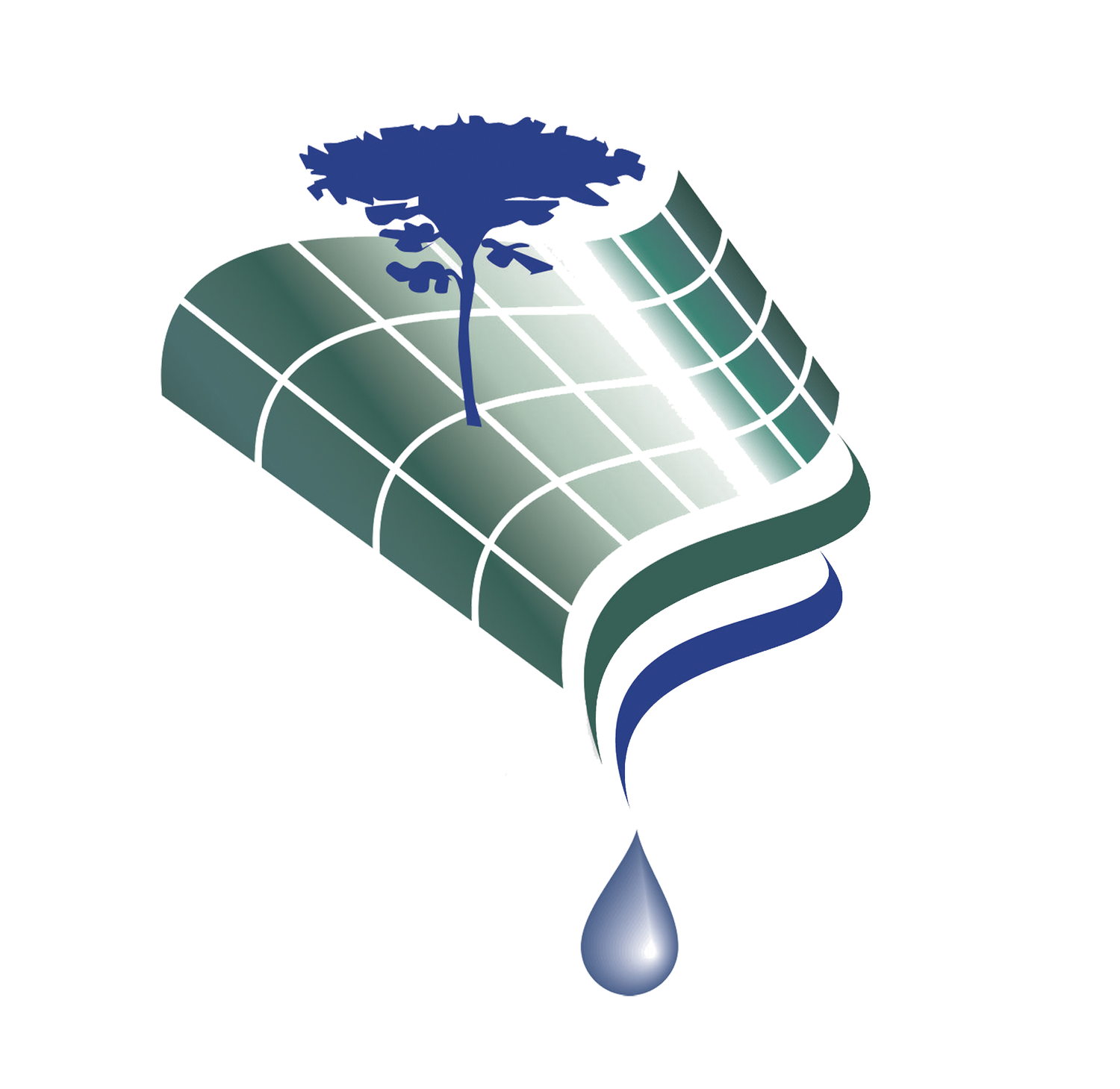These materials were developed as part of a research project (C2022/2023-00841) funded by the Water Research Commission in South Africa. All the materials listed below are open source and are free for anyone to use, however, the original creators need to be acknowledged when the content used. Please use the following reference is suggested: Russell C, Sithole NSZ, Tshabalala G, Kotze D, Taylor J, (2024) Citizen Science Online Training and Learning System. Unpublished report. (C2022/2023-00841) Water Research Commission, Pretoria, South Africa.
Available citizen science tools for the biological monitoring of water systems (streams, rivers, wetlands and estuaries)
The following tools were developed as part of a WRC funded project (Graham and Taylor, 2018; Research report no. TT763/18)
Tools in the WRC citizen science toolbox:
Click here for an infographic guide to using these online learning materials.
For each of these tools a short summary has been created. This guide hopes to provide basic instructions on how the tool can be used to collect biomonitoring data. To access these summaries, please click on your chosen language next to the tools listed below (Z = isiZulu, S = Sesotho, E = English, A=Afrikaans).
· The Transparent Velocity Head Rod (velocity plank) Z S E A
· The Riparian Health Audit (RHA) E
· The Wetland Assessment Tool (miniWET-Health) Z S E A
· The Spring Tool E
· The Estuarine Tool E
· Weather monitoring tool E
· School Lesson plans E
· Climate Change Education Game (Enviro-Picture building game) E
Through the citizen science work that GroundTruth is involved in we have highlighted the following citizen science tools that add value to the information that is captured using the tools in the WRC toolbox.
Complementary citizen science tools:
More detailed learning material in the form of picture-based notes, instructional videos, and suggested quiz questions has been developed for the following Tools:
A guide for facilitators has been developed, it was compiled using the summarised results from the research into the piloting of the online learning materials. It introduces the user to the key concepts that were used to create the materials, and includes descriptions of activities that add value to the learning process.



